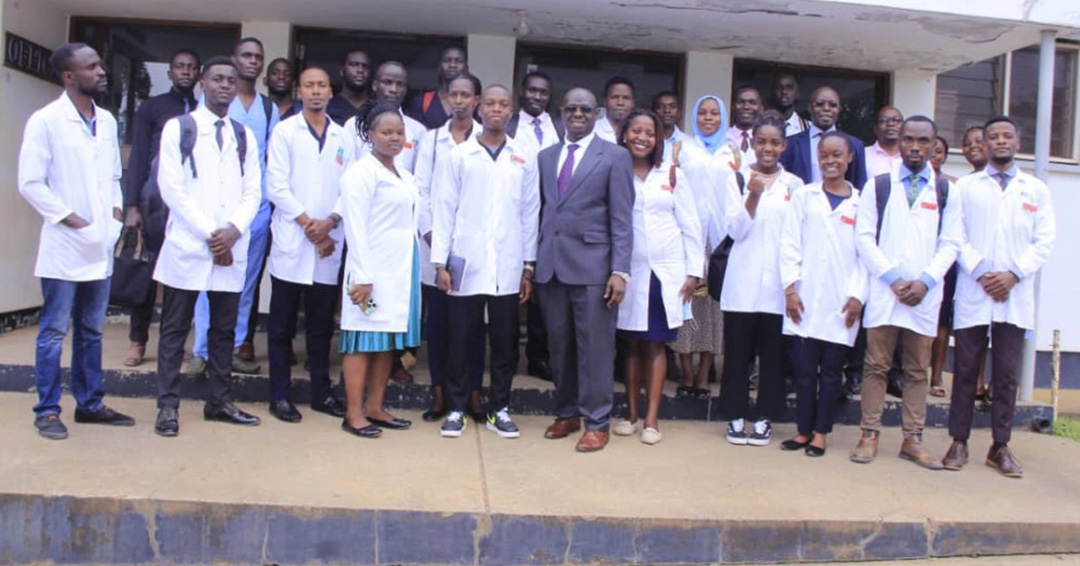
Sep
KIU Teaching Hospital Strengthens Partnership With Kitagata General Hospital
September 5, 2024, 9:40 am
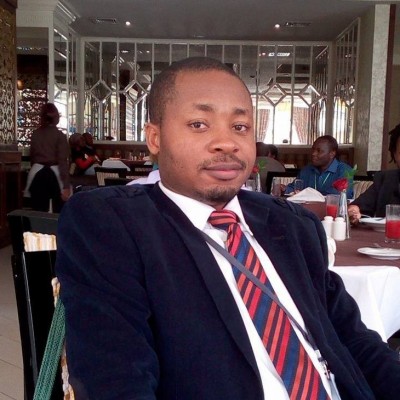 Obinna Osigwe
Obinna Osigwe
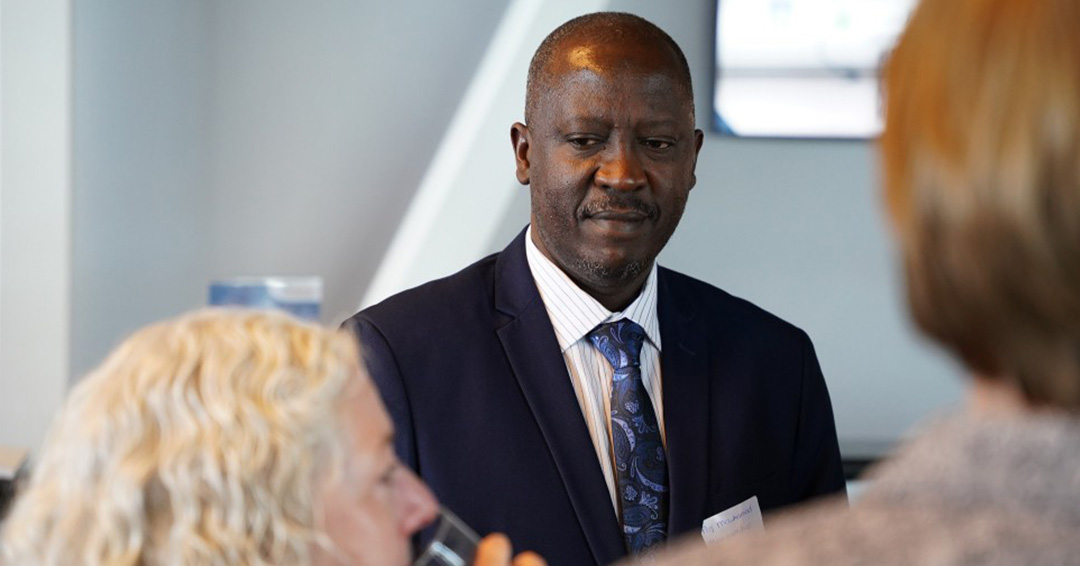
As one of the leading universities in the East African Region, Kampala International University (KIU) is going beyond research and teaching by collaborating with institutions across Africa in deepening health and education access. Access to learning, health, governance, and quality representation are some of the problems facing us in Africa.
With a population of 1.2 billion, rich arable lands, numerous mineral resources, and the youngest population in the world, Africa is yet to live up to its true potential. About 40% of the population in Sub-Saharan Africa are living below the poverty level, and few African countries have been able to meet the WHO minimum of $30-$40 per year per person.
The World Economic Forum (WEF) identified education as “an enabler of more dynamic, inclusive, and prosperous societies, must form a key part of the economic recovery.” This implies that for African societies to advance, premium priority should be given to education.
The KIU Vice-Chancellor, Prof Mouhamad Mpezamihigo, believes that through reverse linkages, institutions around the world can work together towards a common goal.
“Reverse linkage simply means you have a big brother university or institution, and you have a small brother institution. Rather than outcompete, you can say I do have this capacity, you can come on our platform. We have universities that are ranked differently, that have different capacities, and they have different niches. With reverse linkages, we can plan towards a common goal”
Based on this philosophy KIU has partnered with various organizations like Philip Foundation, Tilburg University and Leiden University in The Netherlands, and other universities in Africa to increase access to health and deliver education among vulnerable and displaced people in East Africa, the Horn of Africa, and the Great Lakes Region (EHAGL).
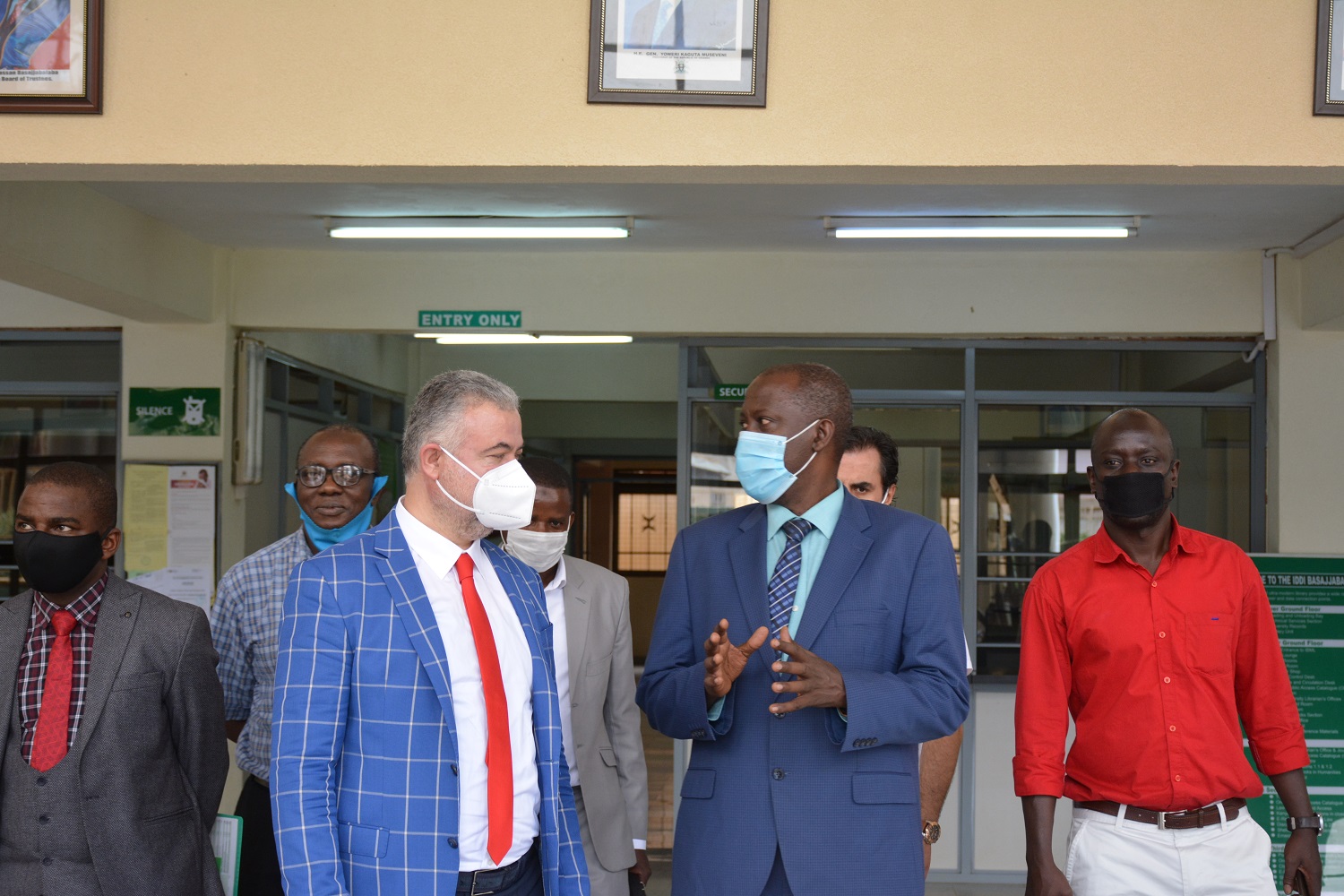
Enhancing Digital Health Access in Africa Through Virus Outbreak Data Network (VODAN)
The COVID-19 pandemic brought inconveniences and opportunities at the same time. At the onset of the virus outbreak in April 2020, KIU in collaboration with Leiden University, Tilburg University, GO FAIR Foundation, Tangaza University Kenya, Mekelle University and Addis Ababa University in Ethiopia, Great Zimbabwe University, Ibrahim Badamasi University Nigeria, and University De Sousse Tunisia to establish the Virus Outbreak Data Africa Network Initiative (VODAN Africa).
The initiative was inspired by the experience of the Liberia Ebola Virus outbreak in 2014 where sensitive data from the outbreak was lost and no longer available for Ministries of Health in Africa. In fact, Ebola data from Liberia disappeared. With funding from Philip Foundation, Dutch Entrepreneurial Development Bank (FMO), and Google, the initiative set out to make digital health data from Africa Findable, Accessible, Interoperable, and Reusable (FAIR).
Further questions were asked by the VODAN Africa Team: How do we ensure data governance? How do we protect data ownership? How do we ensure that all COVID-19 data remains Findable, Accessible, Interoperable, and Reusable (FAIR)? How do we prepare Africa for future virus outbreaks? Therefore, the mission of the VODAN Africa Initiative is to make Africa a huge resource of verified Data by making sure that Africa Data resides in Africa and avoiding digital data removal to data warehouses elsewhere. This will strengthen data-informed health systems for Africa and the world.
“Another opportunity to realize that the science of Data will help as much as the science of Medicine. While it is important to find vaccines, it is also important to provide healthcare workers with the right data to combat the present pandemic and prepare for future ones. This allows us to put computing right at the center of the fight against the COVID-19 pandemic”, Prof Francesca Oladipo, Executive Coordinator, VODAN Africa
Training African Expertise in Digital Health Data Management
Building human capacity is very crucial in the development of FAIR Data. From April – October 2020, experts from Uganda, Nigeria, Tunisia, Kenya, Ethiopia, and Zimbabwe were trained on the principles of FAIR Data Management, the creation of machine-actional metadata, and the deployment 9 FAIR Data Points (FDPs) in Nigeria, Uganda, Kenya, Ethiopia, Tunisia, and Zimbabwe and at Leiden University Medical Center (LUMC), Netherlands. All these FDPs were called home – meaning they were findable by algorithms. By September 2020, there was an intercontinental query between Leiden University Medical Center (LUMC) and Kampala International University.
Right now, the VODAN team has successfully retooled and localized the CEDAR system developed by Stanford University to produce observational patient data at some selected clinics and hospitals in Ethiopia, Kenya, Liberia, Nigeria, Somalia, Tanzania, Uganda, and Zimbabwe. The data produced will be machine-readable, FAIR, and will remain in the health facility where it was produced ensuring data ownership and analytical capabilities.
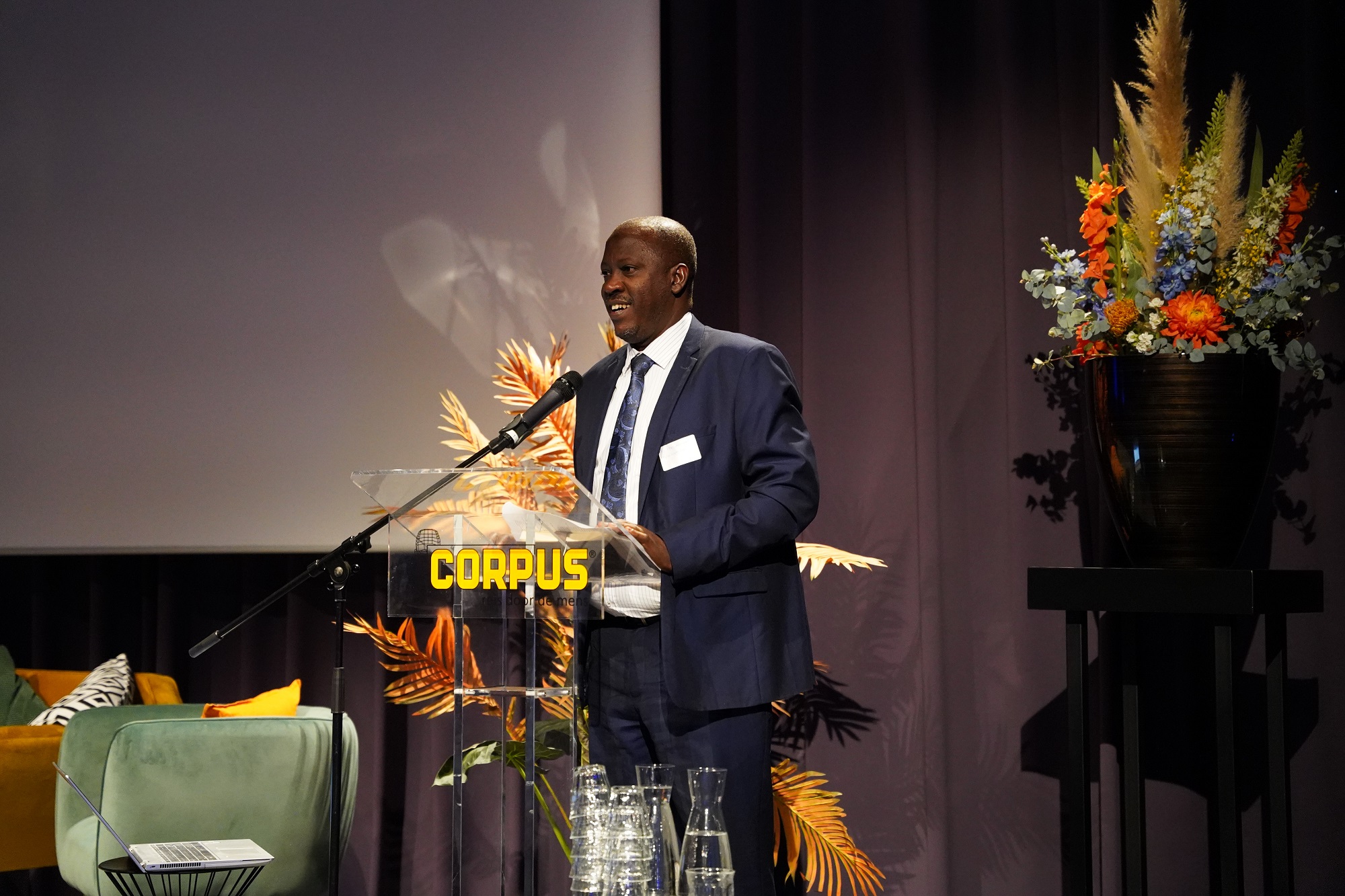
Enhancing Educational Access for Vulnerable People in Sudan, Ethiopia, South Sudan, and Somalia
Africa is one, when one part of Africa is hurting and suffering, African solidarity demands that we respond. Right now, there are an uncomfortable refugees crises in the Horn of Africa. According to the United Nations High Commissions on Refugees (UNHCR), East Africa, the Horn of Africa, and the Great Lakes Region (EHAGL) host 67% of the refugees on the African Continent 20% of the world's refugees population. Uganda alone hosts up to 1.5 million refugees. KIU believes that refugees can further their lives despite the disruptions they are facing. While in refugee camps, they can acquire employable skills to further their careers.
With funding from Netherlands Universities Foundation for International Cooperation (NUFFIC), KIU partnered with Tilburg University to develop the Digital Innovation and Skills Hub.
“We have developed an online platform where we are going to increase access to the youth and women in Dish Countries to develop employable skills. Some of these courses are online. We are working with Tilburg University,” said Prof. Mpezamihigo.
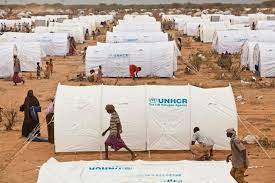
These youths are trained in Business Administration, Computer Science, Primary School Teaching, Life Skills, Community Health, Community and Customary Law, Mental Resilience, Peace and Conflict, and Peace Building. At the moment, 8521 students have enrolled in these courses on the DISH platform.
DISH is an e-learning platform developed to provide access to youth and women to develop employment skills. Through DISH, online short certificate courses of 3 months are created and made available. The courses increase the employability of youth and women because they link to key emerging sectors in employment and contribute to stability, peace, and resilience. Other partners are East Africa University and Eastern College in Somalia; the Sudanese Organization for Research and Development (SORD) in Sudan; Community Empowerment for Progress Organisation (CEPO) in South Sudan; Mekelle University, Aksum University, Admas University, Addis Ababa University, and Adwa Pan-African University in Ethiopia; Kampala International University in Uganda; and the NGO Action Africa Help International. Tilburg University in the Netherlands assists the partnership.
This article was written by Obinna Osigwe for RENU 2021 Newsletter
Kampala International University,
Box 20000, Ggaba Road, Kansanga, Kampala
+256-760 502660
+256-700 100808